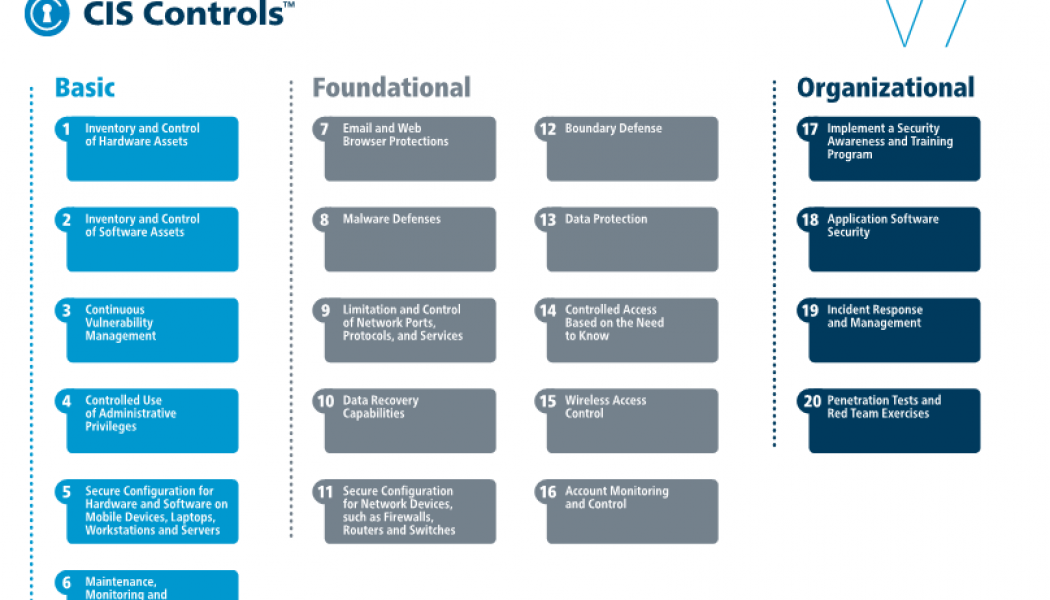Information Technology (IT) has become simpler and more complex.
This is best described with the cloud making it easier to consume while adding challenges of massive data growth, increased siloes and growing numbers of workloads. In addition, ransomware and malware attacks are a very valid concern. Data protection needs to be modernised to meet changing needs, simplified to mitigate complexity, and flexible to adapt to a changing world.
Above all, data needs to be consolidated to provide an all-encompassing view it as a strategic business asset, moving beyond backups to data management.
In a data-driven world the impact of a disaster is magnified
With the emergence and growth of cloud technologies, data outages have become far less frequent. However, the impact of an outage is a lot more extreme. This is due to a number of factors, including the importance of data to a business, the interdependencies between various platforms, and our reliance on technology systems – which is far greater than ever before.
Data has become a key strategic asset, and digital transformation is driving innovation and new customer experiences. Businesses are expected to be online and available 24 hours a day, seven days a week and 365 days a year. Without access to their data, the majority of modern enterprises simply cannot function.
While outages have become less likely, they still happen as a result of human error, natural disaster, and increasingly due to a data breach or other ransomware attack. There is no longer any acceptable level of downtime, and outages and data loss events have a financial impact on business that can run into the millions.
However, the impact on the reputation of a business can be even greater, particularly when it comes to data breaches. The cost of recovery also needs to be considered, as well as any fines associated with compliance regulations, which are a real possibility when a data breach occurs. Having the right business continuity model, Disaster Recovery (DR) and data protection strategies in place is imperative.
Data strategies need to evolve
Data growth has exploded in the last five years, and data has become increasingly fragmented as it occurs in multiple siloes. With the growing prevalence of multi-cloud and the emergence of new technologies like the Internet of Things (IoT), Artificial Intelligence (AI) and Machine Learning (ML), this trend is accelerating.
While the old threats have not gone away, the threat landscape too is evolving, with ransomware becoming increasingly sophisticated and the number attacks accelerating rapidly.
In fact, according to the ESG Research Report: 2020 Technology Spending Intentions Survey, 60% of businesses surveyed experienced a ransomware attack in the past year.
Results from IBM’s 2019 Cost of a Data Breach Report estimate that it takes South African businesses an average of 213 days to identify and remediate a breach, and the cost of a successful attack can exceed $5 million.
Data protection workloads have become one of the top priorities for business, and requirements have evolved beyond backup into data management. While best practices around backup still apply, businesses now need an integrated view of their data to simplify and centralise control, in order to manage and consolidate siloes. This is essential to enable them to protect, access, govern and use all of their data across all of the various locations.
Beyond better backup
Data is not a technology problem, it is a strategic business asset, and it needs to be treated as such. Data protection strategy needs to solve business challenges and align with business priorities. A simple solution that scales up and out as needed, and meets objectives for areas of risk, is essential for mitigating exposure.
Improving data strategies and moving away from legacy solutions will offer better backups, more resiliency and ultimately better data protection, all essential in a data-driven and evolving technology world.
Moving beyond backup and into the realms of data management, including Disaster Recovery and Business Continuity, can help businesses to improve efficiency, simplify complexity and enhance flexibility.
Modernising and simplifying data protection, in alignment with business goals and digital transformation strategy, is vital for meeting data needs today and in the future.
By Johan Scheepers, Country Head at Commvault South Africa










